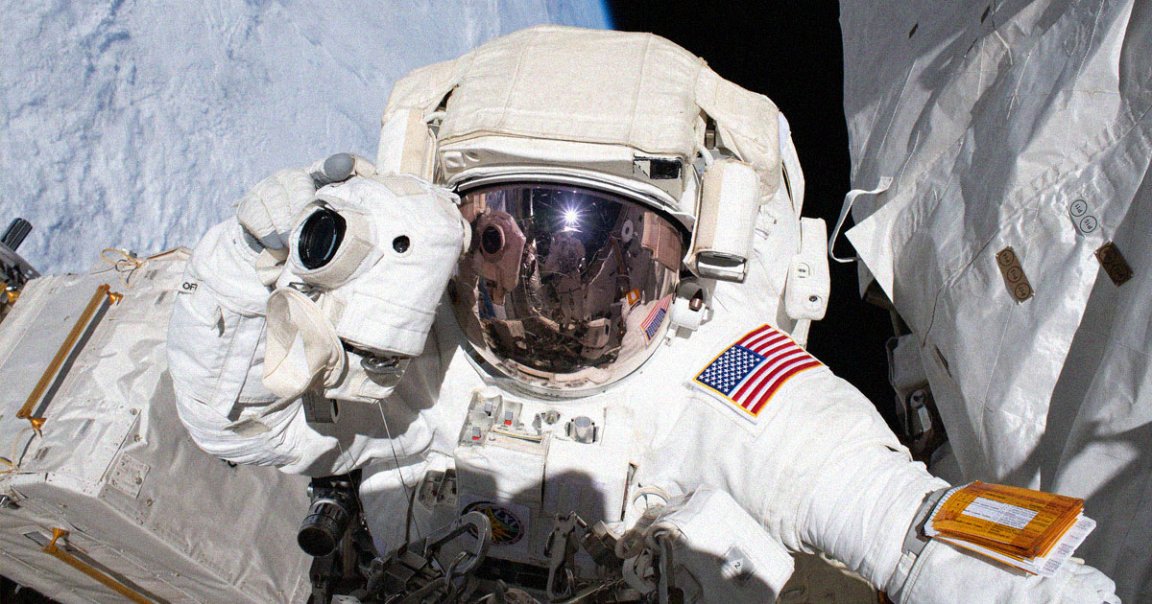
Now Hiring
Tons of employers are having a hard time filling jobs — including, apparently, NASA.
A new report released by the agency’s Office of Investigator General revealed that the astronaut corps is stretched as thin as it’s ever been since the 1970s. In fact, the agency has just 44 astronauts now — a stark contrast to its peak of 150 astronauts in 2000.
The trend raises concerns about how NASA is going to crew its ambitious missions, which include returning humans to the Moon in the coming years.
The report found that “the astronaut corps is projected to fall below its targeted size or minimum manifest requirement in fiscal year (FY) 2022 and FY 2023 due to attrition and additional space flight manifest needs,” adding that the “Astronaut Office calculated that the corps size would exactly equal the number of flight manifest seats NASA will need in FY 2022.”
“As a result, the Agency may not have a sufficient number of additional astronauts available for unanticipated attrition and crew reassignments or ground roles such as engaging in program development, staffing Astronaut Office leadership and liaison positions, and serving as spokespeople for the Agency,” the report continued. “In light of the expanding space flight opportunities anticipated for the Artemis missions, the corps might be at risk of being misaligned in the future, resulting in disruptive crew reorganizations or mission delays.”
Rocket Retirements
While it’s surprising on its face that even NASA is going through a hiring crunch during the Great Resignation, the reason seems fairly mundane: a lot of astronauts have retired.
After the agency announced that the Space Shuttle missions would be largely discontinued, they experienced an astronaut attrition rate of 11.1 percent — or roughly 10 astronauts a year between 2004 and 2012.
Luckily, that attrition rate is expected to go down as the agency recently announced its new round of astronaut candidates last month.
Still, the report presents a sobering look at the resource issues that NASA needs to address in order to fulfill its upcoming missions. It’ll need to delicately balance budget constraints along with training timelines to meet its goals — a task that’s practically rocket science.
So yeah, if you’re looking for a gig, maybe consider throwing your hat in the ring and becoming an astronaut? Benefits include health insurance, extended work-related travel, and exciting hands-on experiences. At the very least, it’ll be good padding for your resume.
More on NASA astronauts: Astronaut Barber Means Well, Gives Terrible Haircut in Space